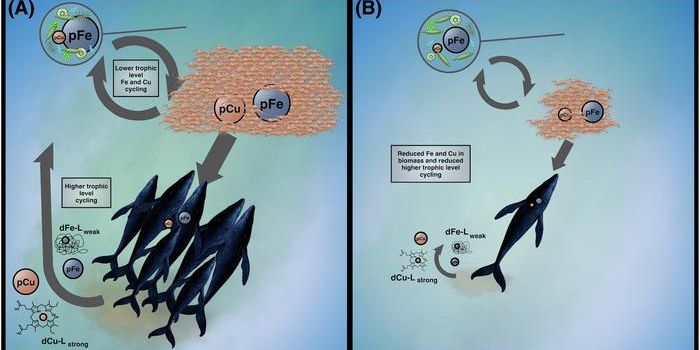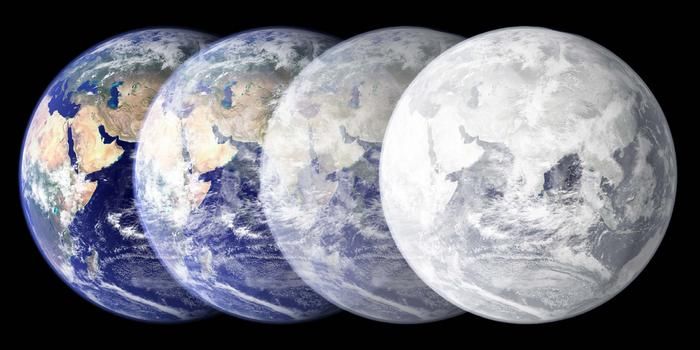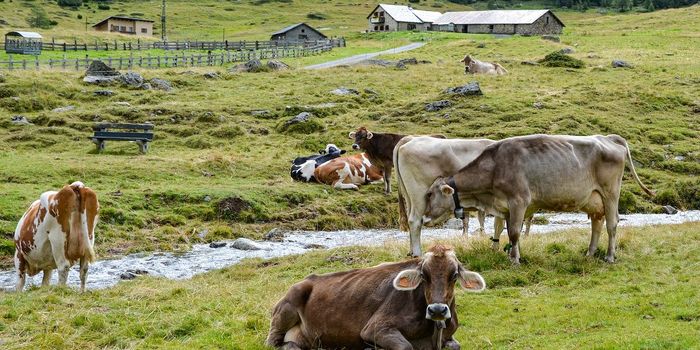Rising Ocean Temperatures Impact the Survival of Juvenile Albatrosses
The black-browed albatross is perhaps one of the most easily-discernable seabirds because of its iconic facial characteristics and impressively-long wingspan. But it’s not invulnerable to the harmful effects inflicted by rising ocean temperatures.
Image Credit: Stephanie Jenouvrier, Woods Hole Oceanographic Institution
A new study published in the Journal of Animal Ecology this week by researchers from the United States-based Woods Hole Oceanographic Institution and the French National Center for Scientific Research (CNRS) underscores how these climbing ocean temperatures may threaten the well-being of juvenile black-browed albatrosses on Kerguelen Island.
Animal experts have been monitoring the population on Kerguelen Island every year since the late 70’s, and a closer analysis of these records showed that population growth inconsistencies were most evident during times of sea temperature change in the late-Winter – the time when the birds’ eggs notoriously hatch.
After these juveniles hatch from their eggs, they later experience increased difficulty in obtaining food from the ocean as warmer waters drive prey away. The result is a mass of hungry babies that suffer from malnourishment, and many don’t survive the complications.
"Sea surface temperature is widely used as an indicator of food availability for marine predators because warmer temperatures usually result in lower primary productivity in marine ecosystems, ultimately reducing the availability of prey," explained Dr. Stéphanie Jenouvrier from the Woods Hole Oceanographic Institution.
"As our oceans are projected to warm, fewer juvenile albatrosses will manage to survive, and populations are expected to decline at a faster rate," she continued.
Related: Fisheries and climate issues threaten albatrosses
With the current trend of things working against the black-browed albatross’ favor, the researchers expect annual population growth rate declines somewhere in the ballpark of 5.3%. The findings paint a grim picture of the seabirds’ fate, and it could remain that way unless ocean warming patterns shift during the critical juvenile stage of their lives.
"Albatrosses and other seabirds are long-lived predators that fly very long distances to forage at sea and nest on land. As a key indicator of ecosystem health, studying how seabirds fare in the face of climate change can help us predict the ecological impacts on the entire marine food web" added study co-author Dr. Christophe Barbraud of CNRS.
Related: Short-tailed albatross parents adopt an unlikely baby
Additional population growth monitoring may provide animal experts with the insight they need for planning strategic conservation techniques.
Source: Science Daily









